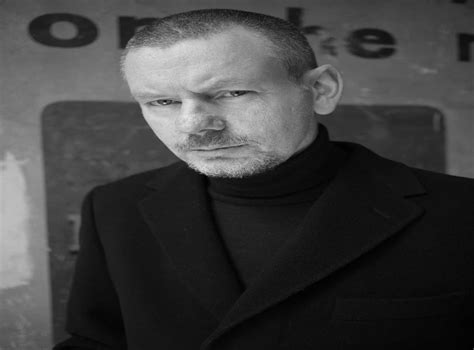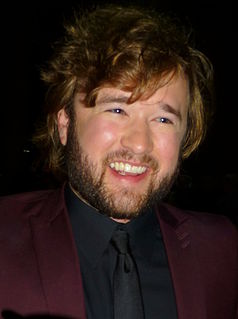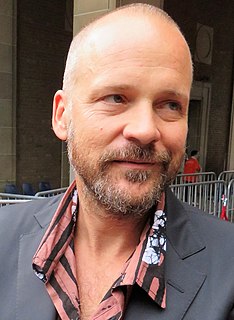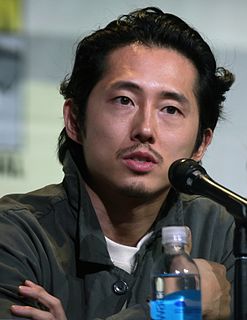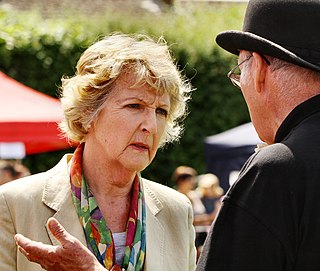A Quote by Stephen Fry
My general view is that best actor best suited to role should get the job. Obviously when it comes to colour and issues of ethnicity the choice is clear. But I do not believe you have to be transgender or have undergone sex reassignment surgery to be able play a character who has.Acting is acting after all.
Related Quotes
My belief about performance capture is that it's a technology which allows actors to play extraordinary characters. But from an acting perspective, I've never drawn a distinction between playing a conventional, live action character and playing a role in a performance capture suit. And from a purely acting point-of-view, I don't believe there should be a special Oscar category because I think it sort of muddies the waters in a way.
I consider theater, this is a vacation for me from LA, I sort of view this as I get to have this vacation and during my vacation I get to work on acting. It's like an acting class. And if I go too long without doing a play, I just feel empty. Like approaching a role, I feel like the pool is very shallow, like I'm drawn from it. So I need to come back and do a play, fortunately I've been able to, every couple of years.
As an actor, it's always important to understand what the director is after. That, to me, is my job. When I'm acting, I like to ask a lot of questions and understand exactly why the director is doing what they're doing, so that I can provide him or her with the ingredients that they need to get the scene that they want. It's not to challenge them, in any way. It's just so that I can do my job best.
Confidence. That's huge as an actor. Confidence can get you a long way. Maybe it's a cultural thing, being Korean, but my first reflex has always been to exude humility - but it doesn't help you in acting. For acting, humility isn't the best thing. It'll weaken your work. So it's a head game for me. "Can I really be confident in knowing my skill set is down? Can I perform like I own this role?"
Very rarely have I worked with a director where we've been at odds. And by the time you've actually talked to somebody and you have the job, there's something that they see in you that they want you to bring to the character. And the best director says very little to you, acting-wise. They usually just say, "Okay, here's the shot." It's their job to do all that stuff, and your job's to do the acting. So it's very rare that somebody will say, "Oh, no. I conceived this very differently".
Every director is always directing around the play. If you have an actor who really doesn't get the character well enough, you have to direct the play around that character. You have to make choices with that actor. If you have an actor that really doesn't get the role and has certain visions of the role, sometimes you have to direct around that actor.



